Chris Massaro
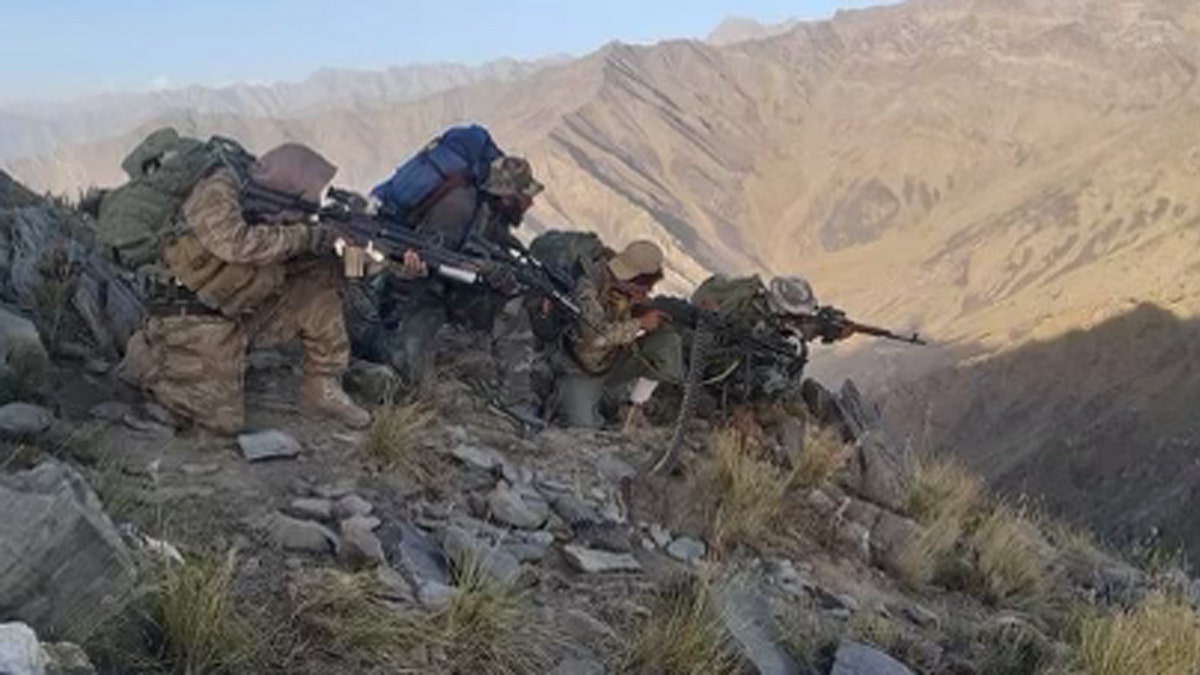
The Taliban have doubled down with its extremist rule over Afghanistan since the withdrawal of U.S. forces almost two years ago, but a national resistance movement emerged immediately after with the hope of ending the Islamic regime in Kabul.
The Taliban’s growing repression, contrary to their assurances after seizing power in August 2021, has not stopped the National Resistance Front (NRF) from continuing operations against Taliban rule.
"Today, especially this fighting season, we have been successful in challenging the Taliban in many parts of Afghanistan beyond our base in the remote valleys of the Hindu Kush mountains," Ali Maisam Nazary, head of foreign relations for the NRF, told Fox News Digital.
"We have launched successful guerrilla operations in eastern provinces like Nangarhar, Laghman and Nuristan. The same in the North and Central Afghanistan. The reason for this is that the people of Afghanistan are more convinced today than two years ago that an armed struggle is the only way to bring peace and stability in Afghanistan."
The NRF, led by Ahmad Massoud, remains the most formidable Afghan resistance unit fighting the Taliban, and its leader has vowed to continue the fight even after the loss of its rear base in the Panjshir Valley which the Taliban recaptured shortly after taking power in September 2021. Massoud’s father, Ahmad Shah Massoud, was a prominent Mujahidin rebel who fought against the Soviets in 1980s and was assassinated by al Qaeda operatives just two days before the 9/11 attacks.
"Currently, the Taliban finds itself entangled in multiple internal conflicts. Among these challenges, the Taliban likely views the NRF as a particularly substantial threat, given its recognition and inclusion of notable political figures," Fatemeh Aman, non-resident senior fellow at the Middle East Institute, told Fox News Digital.
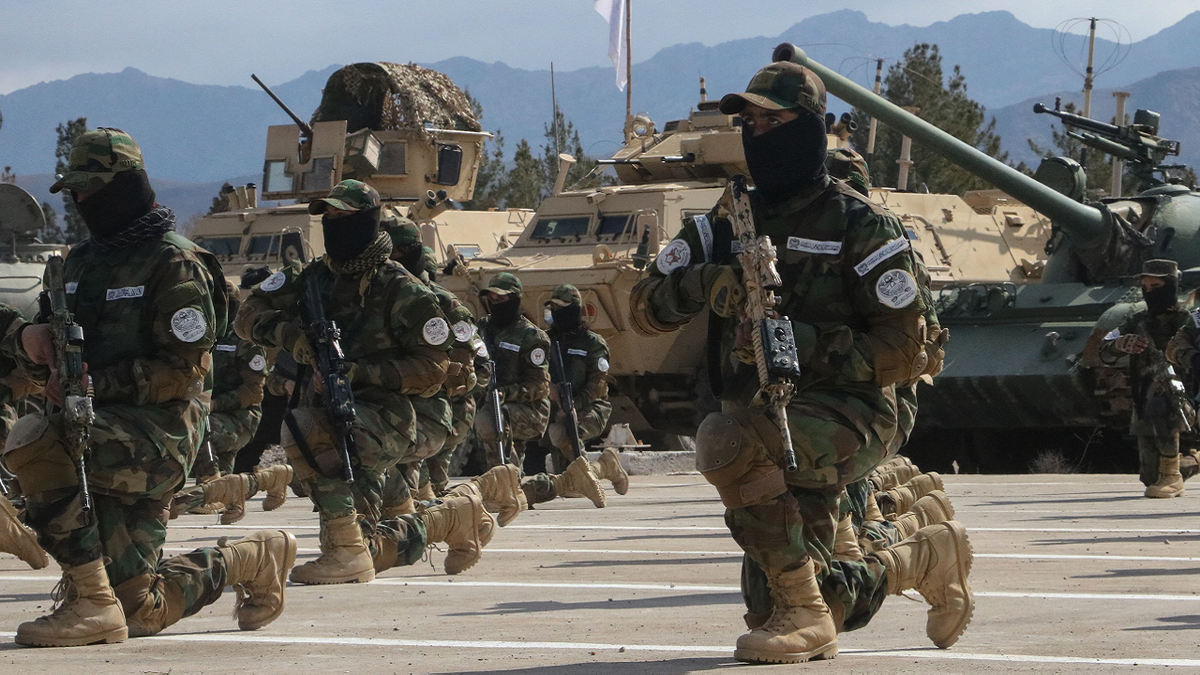
The Taliban have been able to take out some key figures within the NRF, but the group has had some success as well, and the asymmetric tactics they use on the battlefield resulted in the loss of some significant Taliban commanders.
"NRF attacks declined in the first half of 2023 compared to 2022 but have since increased from roughly one attack or fewer per week in the first half of 2022 to multiple attacks a week in the latter half of 2023 (July-August) so far," Peter Mills, Afghanistan researcher at the Institute of the Study for War, told Fox News Digital.
"Operationally the NRF has shifted from concentrating operations in the Panjshir Valley in 2022 in an effort to seize control of territory from the Taliban, to in 2023 focusing attacks in rural areas in provinces neighboring Panjshir, in an effort to undermine Taliban governance and control in those areas. While total NRF attacks are down in 2023 compared to 2022, this could possibly be due to a shift in operations and strategy," Mills added.
The NRF has been in a two-year campaign to gain greater international recognition and support for their efforts to fight the Taliban. The NRF has stepped up its political activity, gathering two conferences in Austria and Tajikistan among various opposition groups and members of the Afghan diaspora in the hopes of organizing a unified political opposition and outlining a democratic alternative for Afghanistan’s future.
So far, the calls for greater international support, particularly from the United States, have fallen on deaf ears.
"The United States does not support armed conflict in Afghanistan. The country was at war for 44 years. We do not want to see a return to conflict in Afghanistan, and we hear from Afghans that they don’t either," a State Department spokesperson told Fox News Digital.
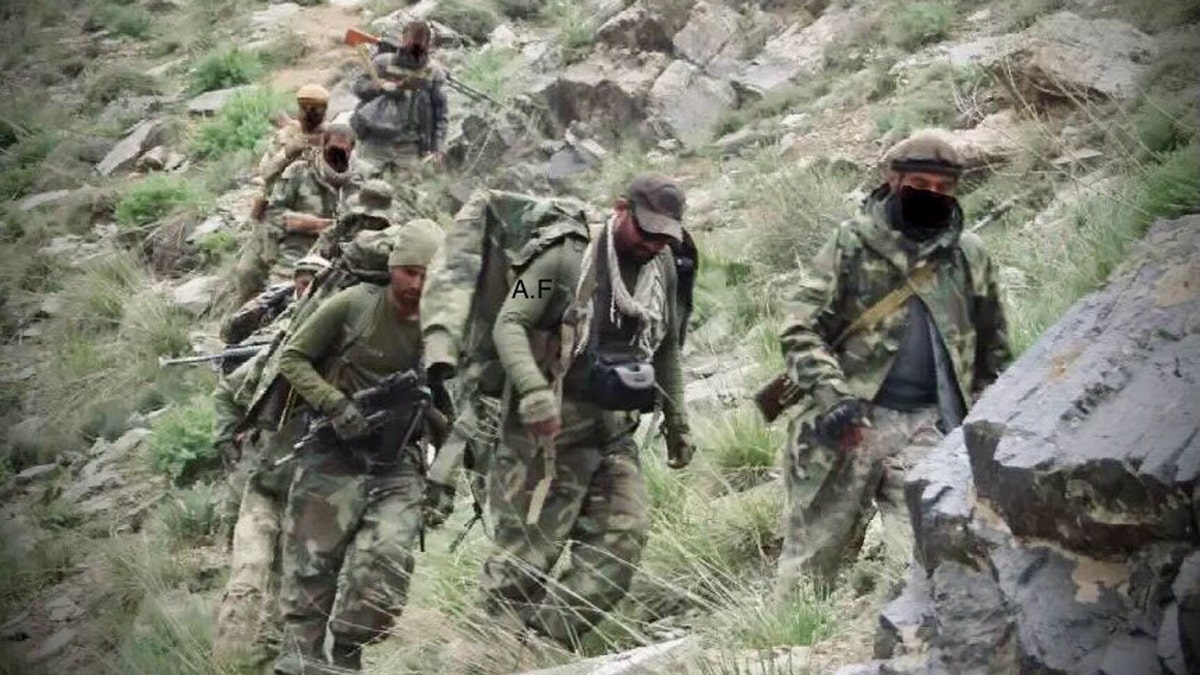
Given President Biden’s focus on rallying NATO and the West to help Ukraine defend itself against Russia and the strategic importance placed on countering China in the Indo-Pacific, there does not appear to be any appetite from the current administration on renewing conflict in Afghanistan.
In the Taliban’s pursuit to bring peace and stability to Afghanistan after nearly 40 years of war, they are also accused of committing war crimes in the process, according to a new report from Amnesty International.
When the Taliban conquered Kabul, members of the security forces and ousted the Ashraf Ghani government who fled to the northern Panjshir province, once a hotbed of anti-Taliban resistance. In retaliation for the resistance and to enforce compliance from the population, the Taliban engaged in a campaign of collective punishment.
Amnesty International alleges the Taliban have committed war crimes and other gross violations of international law against civilian populations in Panjshir.
"In Panjshir, the Taliban’s cruel tactic of targeting civilians due to suspicion of their affiliation with the National Resistance Front (NRF) is causing widespread misery and fear," Agnès Callamard, Amnesty International’s Secretary General, said in a statement. Some of the Taliban’s brutal tactics include extrajudicial executions, torture, hostage-taking, unlawful detention and the torching of civilian homes.
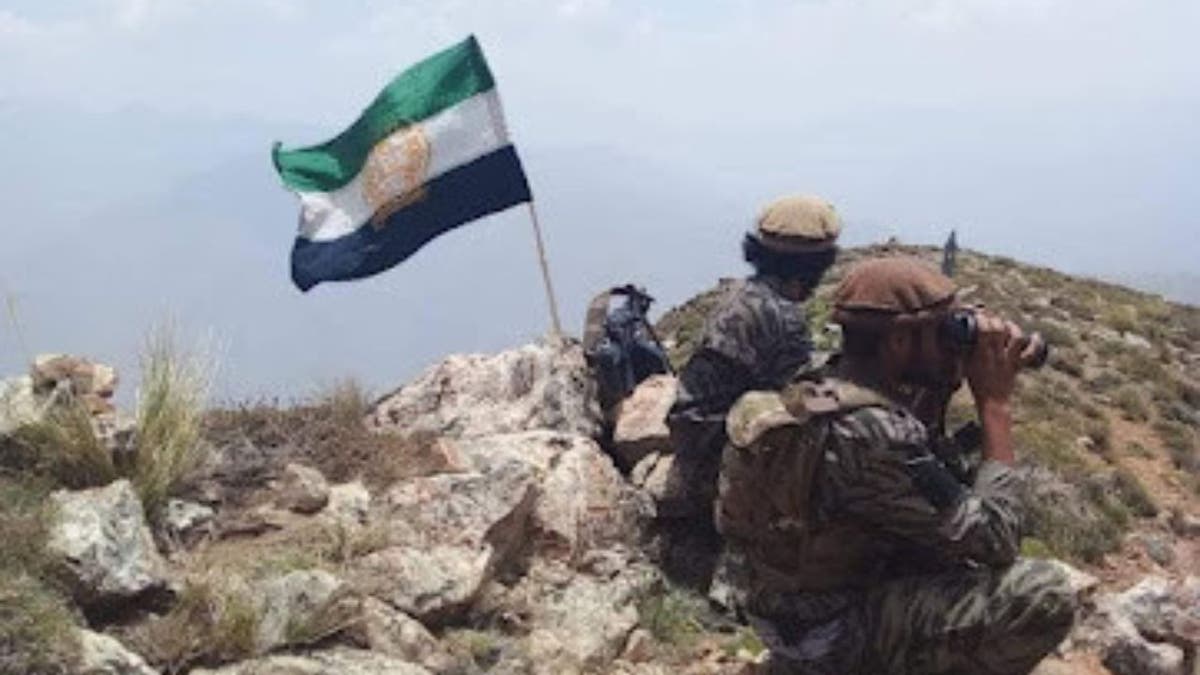
Resistance from the NRF remains spirited but is contained to certain pockets of the country. The NRF also lacks cohesion with other opposition groups which makes combating the Taliban even harder. Two years into their nascent insurgency, there is little hope that the NRF, along with other opposition groups, can actually topple the Taliban government.
"There is currently no serious challenge to Taliban rule in Afghanistan," Max Abrahms, professor of terrorism studies at Northeastern University, told Fox News Digital.
To mark the two-year anniversary of the fall of Afghanistan to the Taliban, the NRF urged neighboring nations to avoid establishing strategic or formal relations with them. Although the Taliban have not received recognition worldwide, the NRF also lacks external backing to fund its efforts, a key ingredient to sustaining a successful insurgent campaign.
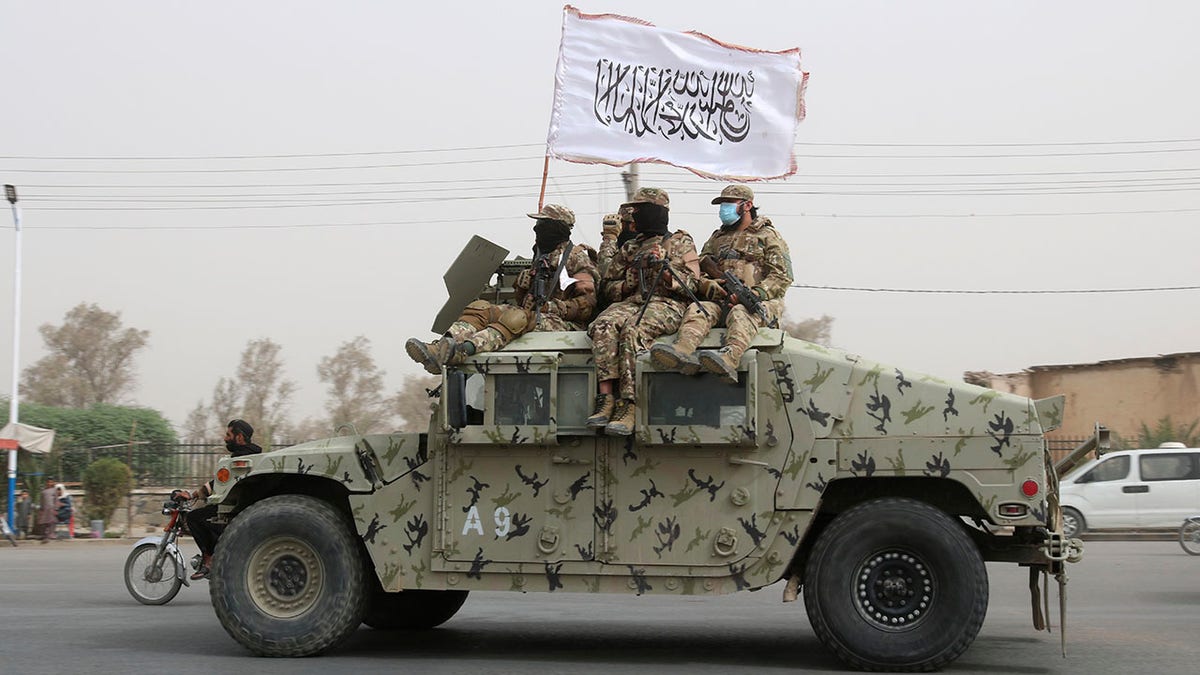
"The problem for the NRF is the lack of international support. It is hard to see the resistance gaining any serious momentum without substantially more external support. The Biden administration touted its role in withdrawing American troops from Afghanistan and ending this so-called forever war. So it’s hard to imagine U.S. support for any armed group in Afghanistan under this administration, Abrahms said.
No comments:
Post a Comment